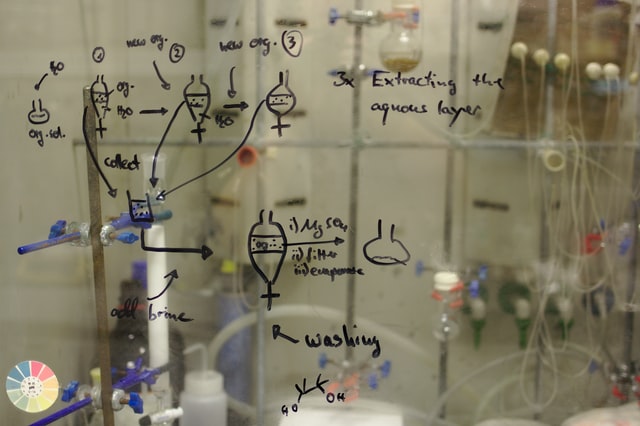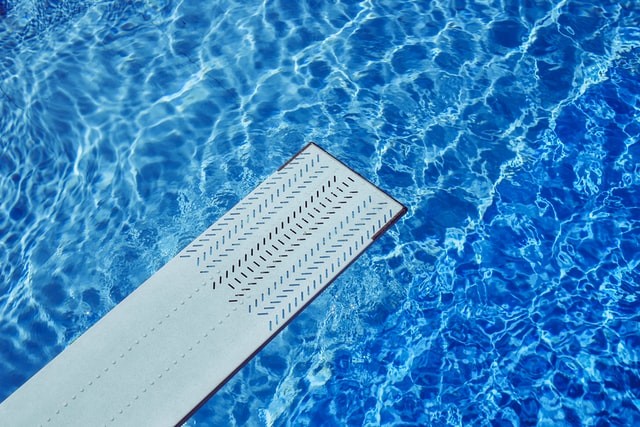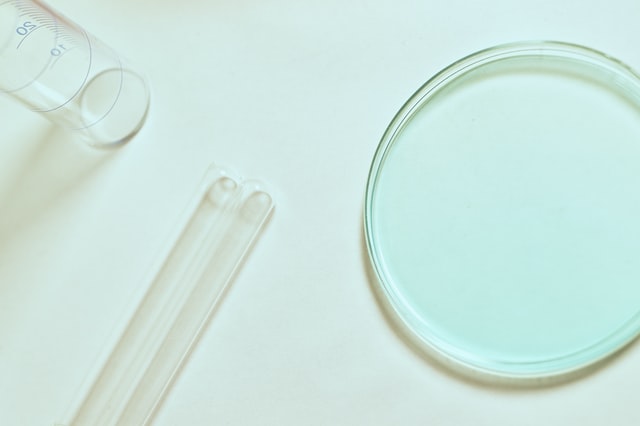What is Chemistry?
Chemists focus on the smallest particles of the substances concerned: the atoms and molecules. But what does a chemist do and what exactly does chemistry involve? When you think of chemistry, you quickly envision a clinical laboratory setting. People in long white coats bend over steaming glass measuring cups with their oversized goggles. Around them are large machines …









